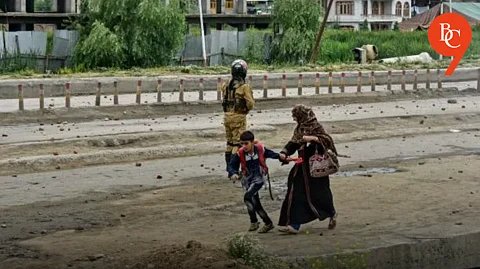

Sehmat was an ordinary student at Delhi University when her life took a dramatic turn. Her father, Hidayatullah, was a patriot with deep business ties in Pakistan and an informant for Indian intelligence. As he was diagnosed with terminal cancer just before the 1971 war, he entrusted Sehmat with a dangerous mission: to continue his work and gather intelligence from within Pakistan.
To gain access to Pakistan’s military secrets, Sehmat’s marriage was arranged with Iqbal Syed, the son of Brigadier Sayeed, a high-ranking Pakistani army officer. With minimal training in espionage, Sehmat entered Pakistan as a new bride, living among the very people she would be spying on.
Sehmat’s mission was perilous. She used her position in the Syed household to gather critical intelligence, teaching at the army school attended by children of top Pakistani officers-including the grandchildren of General Yahya Khan. She learned to use Morse code to transmit SOS messages and carefully built trust within the family and community.
Despite her gentle demeanor, Sehmat faced grave dangers. She was forced to kill a suspicious family aide and, when her husband Iqbal discovered her true identity, he was killed by her handlers to protect the mission.
Sehmat’s most significant contribution came when she uncovered Pakistan’s plan to attack India’s prized aircraft carrier, INS Vikrant, using the submarine PNS Ghazi. Her timely intelligence allowed the Indian Navy to preemptively strike and sink the Ghazi near Visakhapatnam, saving countless lives and ensuring India’s naval dominance during the war.
Following her successful extraction from Pakistan, Sehmat returned to India deeply affected by the trauma and loss she had endured. She spent the rest of her life quietly in Malerkotla, dedicating herself to social work. Her story remained classified for decades until Harinder Sikka’s book Calling Sehmat brought her legacy to light, later adapted into the acclaimed film Raazi.
Sehmat’s bravery not only changed the course of the 1971 war but also stands as a testament to the courage and sacrifice of women in espionage. Her actions saved thousands of lives and proved that true patriotism knows no boundaries of gender or background.
